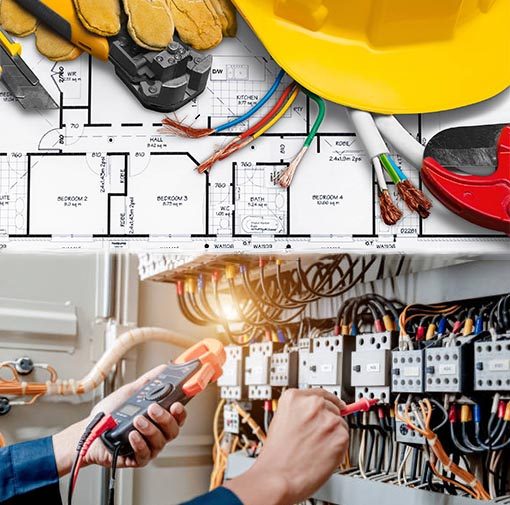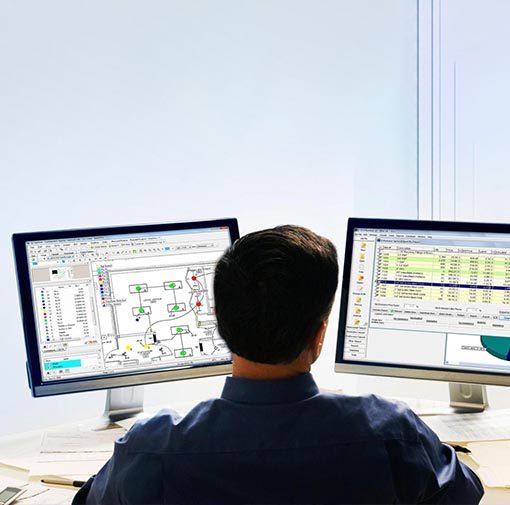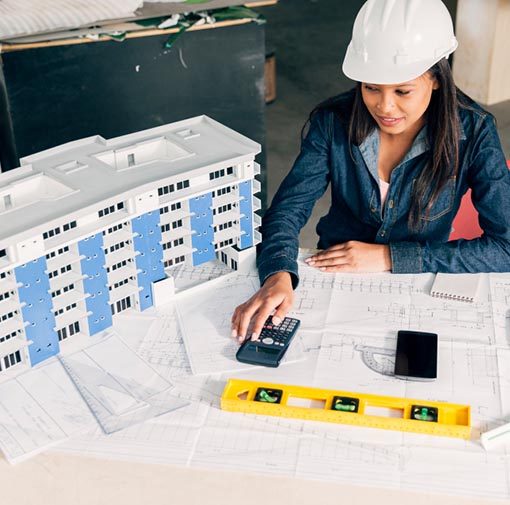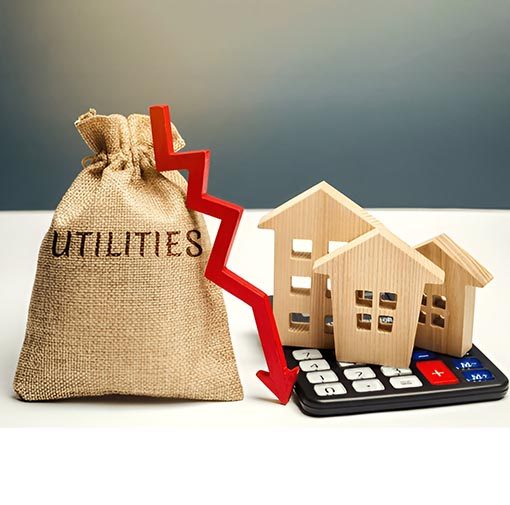
The Role of an Electrical Cost Estimator in Today’s Construction Projects
When planning an electrical project—whether for a new build, renovation, or commercial expansion—knowing the potential costs upfront is crucial. That’s where an electrical cost estimator becomes indispensable. From budget control to competitive bidding, the value of precise electrical estimating can’t be overstated.
In this post, we’ll break down how electrical cost estimators work, which factors influence pricing, the tools they use, and how to choose the right estimator for your needs.
What Is an Electrical Cost Estimator?



An electrical cost estimator is a professional who calculates the anticipated expenses of electrical systems for construction and renovation projects. They evaluate the project scope, interpret blueprints, and determine material and labor requirements to provide a detailed electrical cost estimate.
Whether it’s wiring a small residence or installing large-scale electrical systems in industrial facilities, the estimator ensures that all electrical work estimates are as accurate and transparent as possible.
What Affects Electrical Cost Estimates?
Electrical estimating is both a technical skill and a strategic function. While advanced software tools help with measurements and pricing, an experienced electrical cost estimator must rely on professional judgment, trade knowledge, and attention to detail to generate a truly accurate quote.
Several critical factors influence the final price of any electrical project, whether it’s a residential wiring job or a large-scale commercial build.
Project Size and Scope
The overall scale of the project is the first thing an electrical cost estimator evaluates:
- Residential projects often involve basic circuit installations, lighting, and household wiring systems. These require fewer materials and less time but still need precision for budgeting and procurement.
- Commercial and industrial electrical work is more complex. These jobs may involve multi-phase wiring, automated controls, and power distribution systems across large facilities, each with distinct labor and material demands.
The larger and more intricate the project, the more detailed your electrical work estimates need to be to avoid costly surprises during execution.
Location of the Project
Where your project is located has a significant impact on the cost:
- Labor rates vary across regions in the U.S. and Canada. In urban centers, the electrical cost per hour for licensed electricians can be significantly higher due to local wage laws or union requirements.
- Permit and inspection fees also differ by municipality, which your electrical cost estimator must include in the budget to ensure compliance and avoid delays.
- Logistical considerations such as accessibility, parking, and travel time to the site can further influence the quote.
Material Selection
A major variable in any electrical cost estimate is the type and quality of materials used. An experienced estimator will evaluate:
- Wiring types – For example, copper wiring offers better conductivity but costs more than aluminum.
- Electrical panels and switchgear – Higher-capacity panels or brand preferences can impact costs.
- Lighting fixtures, conduits, outlets, and connectors – Estimators must match material quality to code requirements and client expectations.
The more premium or specialized the materials, the higher your total electrical construction cost estimate will be.



Labor Hours and Workforce Requirements
A crucial component of every estimate is labor, which depends on both project complexity and timeline:
- The average electrical cost per hour can range widely—from $50/hour in rural areas to over $120/hour in metro regions or unionized projects.
- Specialty labor, such as low-voltage technicians or automation installers, can further raise costs.
- If the project must be completed under tight deadlines, estimators must account for overtime pay or night shifts, both of which can add significantly to the bottom line.
A good electrical cost estimator doesn’t just calculate hours; they anticipate scheduling challenges, workforce needs, and labor availability.
Project Complexity and Technology Requirements
Today’s electrical systems are more advanced than ever. Projects involving emerging technologies demand higher precision and a broader skill set:
- Smart home integration, programmable lighting, and EV charging stations all require specialized hardware and skilled labor.
- Solar panel installations, battery backups, and grid-tied systems involve coordination with utility providers and additional safety compliance.
- Custom lighting designs, entertainment systems, and energy-efficient upgrades can increase the estimate substantially due to both design time and installation difficulty.
A qualified electrical cost estimator will review your full system requirements and account for each layer of complexity when preparing the final electrical quote.
Hourly vs. Project-Based Quotes: Which Works Best?

Understanding the difference between hourly rates and lump-sum pricing helps you make informed decisions.
Quote Type | Best For | Pros | Cons |
Hourly | Small or evolving scopes | Flexibility; pay-as-you-go | Harder to predict total cost |
Project-Based | Large or well-defined installations | Clear total cost; helpful for bidding | Requires precise scoping early |
Both methods are valid—it depends on the nature of your job and your tolerance for budget fluctuations.
Electrical Cost New Construction vs. Renovation: What’s Different?
New construction offers a clean slate, often making estimating more predictable. In contrast, renovations may involve:
- Hidden wiring or outdated systems
- The need to work around existing infrastructure
- Unforeseen conditions affecting pricing
A skilled electrical construction cost estimator will know how to factor in these challenges and offer contingency plans.
How to Choose the Right Electrical Cost Estimator
Here are a few tips when evaluating your options:
- Experience in similar project types (residential, commercial, industrial)
- Turnaround time (especially for competitive bids)
- Level of detail in deliverables
- Software proficiency
- References or case studies
Don’t hesitate to ask for samples or request a preliminary electrical quote to evaluate accuracy and professionalism.
We are Certified Estimation company in USA










FAQs About Electrical Cost Estimation
How accurate are electrical cost estimates?
Professional estimates are typically within 5–10% of the final project cost, assuming no major scope changes.
What’s the average electrical cost per hour?
This can range from $50 to $120/hour depending on region, job complexity, and labor agreements.
Can I get an estimate for just the wiring?
Yes. A focused electrical wiring cost estimate can be provided separately from the rest of the scope.
Do estimators use real-time material pricing?
Most professionals use software with live or regularly updated pricing databases to generate accurate electrical cost estimates.
How can I request a detailed electrical work estimate?
You can share blueprints or project details with an estimator who will prepare a line-by-line breakdown with labor, material, and overhead costs.
Why You Shouldn’t Skip This Step
Hiring a qualified electrical cost estimator can save you thousands by avoiding underbidding, preventing delays, and minimizing waste. Especially in the current market—where material costs and labor availability fluctuate—a detailed electrical cost estimate gives you the competitive edge.
If you’re preparing for electrical cost new construction or need support navigating tricky retrofit projects, professional estimating services offer unmatched value.
Ready to Get Started?
At High Q Estimation, we empower contractors and builders with fast, accurate, and dependable estimating services. Whether you need help with takeoffs, budgeting, or software selection, we’re here to support your next project from blueprint to bid.
Contact our team for a consultation or a no-obligation quote request.
